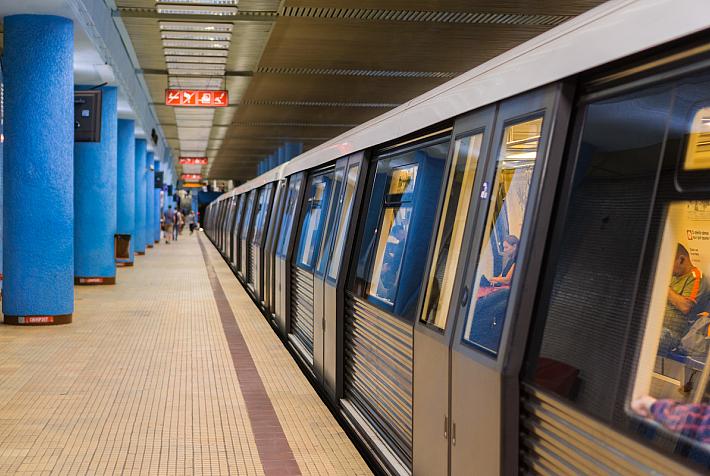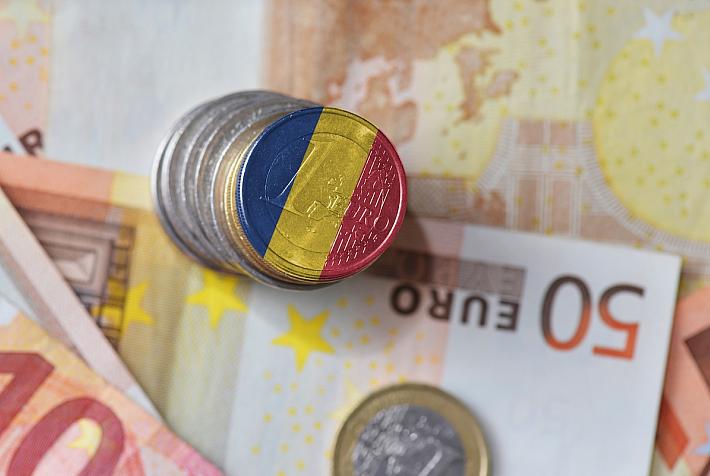Surveys look at Romanians' attitudes towards digital payments, savings and investments

Six out of ten Romanians say they pay digitally due to ease of use and convenience, according to the international study' Attitudes towards payment methods' commissioned by eService and other EVO Group entities. Visa was a partner of the study in the Central Eastern European region, including Romania.
The study showed that, while shopping, 51% of Romanian consumers tend to pay with a payment card. The top reason for choosing cash was that digital payments were unavailable at a given store or service point. That was the answer of one third of the respondents who often pay with cash.
At the same time, half of the respondents paid for their last in-store purchase with a card or using their phone, smartwatch or another device. When asked a similar question about their last online purchase, only 14% of respondents answered they paid cash on delivery.
The survey also showed that stores that offer digital payment methods are perceived in a positive way by Romanian consumers. As many as 77% of respondents believe they are modern, and 72% of them think they are customer-centric.
When responders from Romania were asked to recall the last time they wanted to pay by card but couldn't, 16% of them could not find such an option in-store and 29% said that the POS terminal was defective. Digital payments were unavailable at traditional marketplaces (48% of respondents), when paying builders or for home repairs (39%), at a hairdresser, barber or beautician (35%), and for taxi trips (31%), according to the survey.
The survey was commissioned by EVO Payments International and conducted by ARC Rynek i Opinia research institute in March 2022 using the CAWI methodology (respondents were invited to take part in an internet survey) on a representative sample of each country's population aged 18-65 – a total of 8,931 respondents. The data were collected across 14 countries (Poland, Czechia, Slovakia, Hungary, Romania, Croatia, Bulgaria, Slovenia, Germany, Ireland, United Kingdom, Mexico, Spain, and Portugal).
At the same time, a survey carried out by Reveal Marketing Research showed that two out of three of the Romanians respondents experience difficulties in saving money aside for hard times. At the moment, three out of ten Romanians fail to save money, especially people between 45 and 55 years (41%) and those with low incomes (38%).
Another third of Romanians believe that they will save less than before and will find themselves in the situation of having to pay more attention to planning monthly budgets to save money. This perspective is more common for middle-income respondents (36%).
If they manage to put money aside, half of the Romanians would prefer to use the savings accounts offered by banks. As it happened last year, 51% of the respondents said that if they managed to save RON 500 (about EUR 100) on a quarterly basis, they would prefer to save them in a bank account (deposit or savings account). In the case of people aged 18-35 and of those over 55, the percentage of those who prefer this saving strategy is significantly higher, recording scores of 54% and 59%, respectively. In the case of young people, aged up to 35 years, in 2022, there is an increase of 21 percent (from 33% to 54%) regarding their preference for keeping their savings in a bank account.
Furthermore, 28% of respondents said they would prefer keeping money under the mattress, with 36% of the low-income respondents opting for this option.
The level of interest in stock market investments increased in 2022 compared to 2021, the survey showed. If last year only 4% of Romanians were interested in investing in the stock market through a broker, now the share of those interested has reached 11%. A total of 25% of the high earners mentioned that they would prefer to invest their savings rather than saving money.
The survey was conducted online in April of this year on a representative sample for the universe of people aged 18+, from urban areas. The sample size was 1005 respondents, and the maximum sampling error is +/- 3.1% at a 95% confidence level.
(Photo: Sureeporn Teerasatean | Dreamstime.com)
simona@romania-insider.com
















